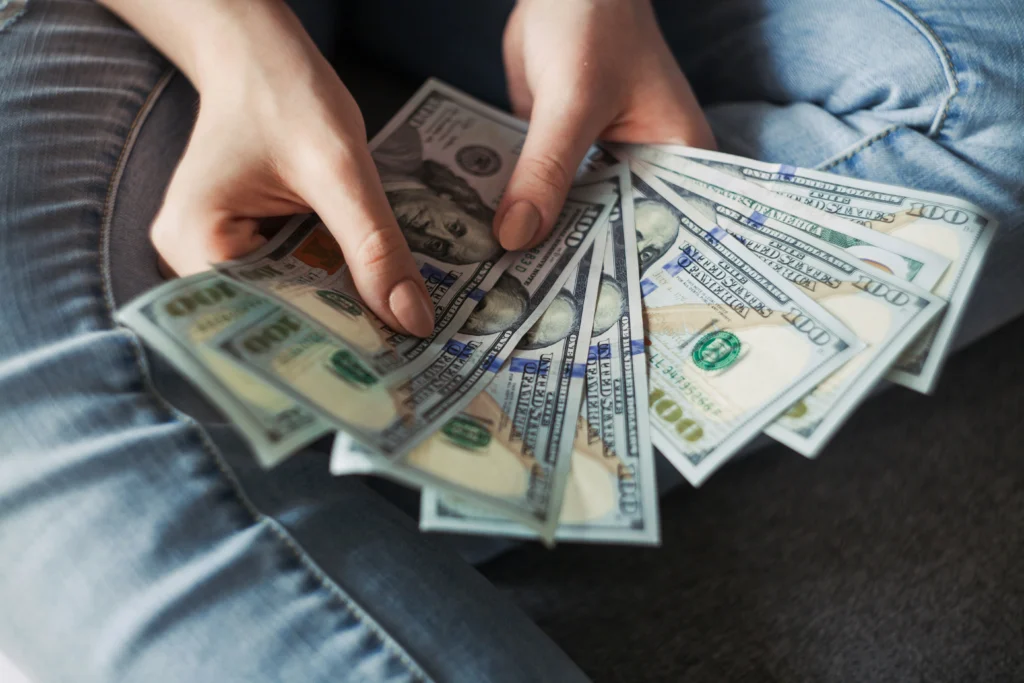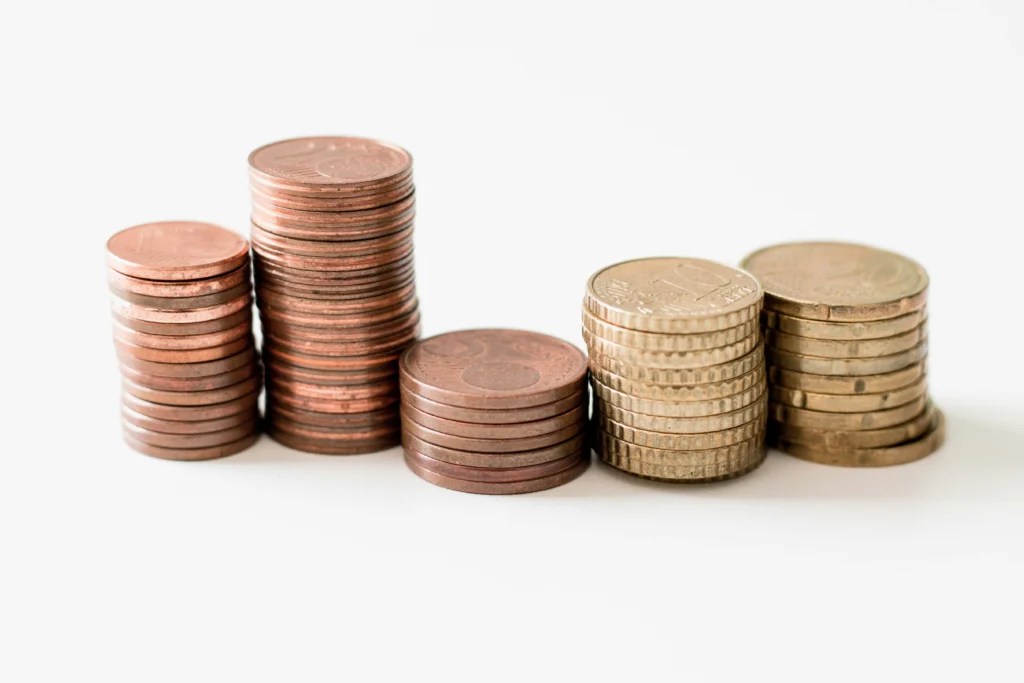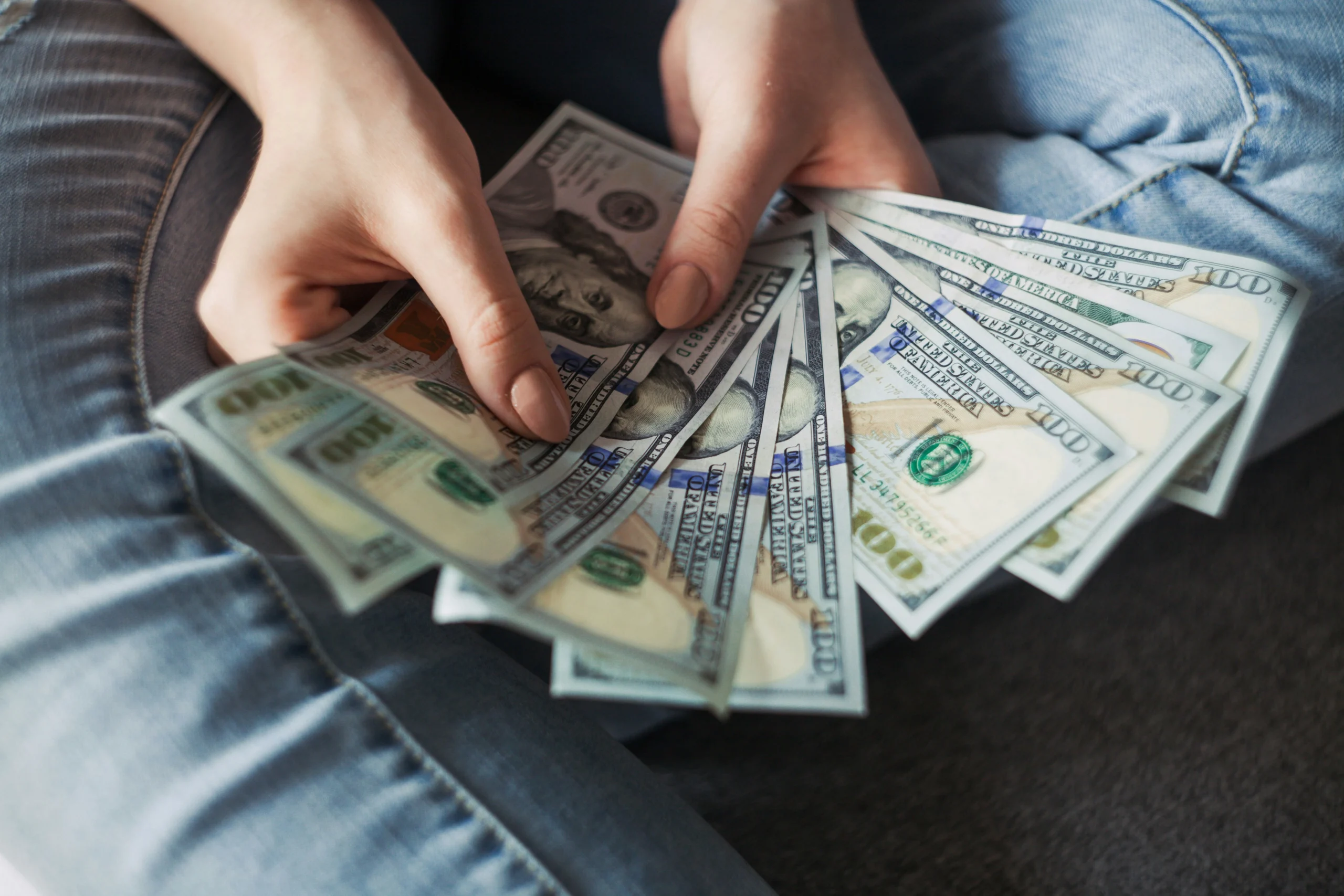Today, where most transactions occur online, it is still considered a worthwhile way to use traditional methods to send money. A money order is one such method, which many people and businesses still trust.
If we talk about money orders, CVC (although it is a pharmaceutical company) is considered a great company as it provides a money order service with competitive rates and fast service. Their stores are all over the states.
In this comprehensive post, we will walk through how to avail of their money order service, their fees, and whether it is worth using their money order service.
So let’s get right to it, as this post will have all your answers related to CVS money orders curated, whether you have used a money order service or are a first-time user.
What is a Money Order?
A CVC Money Order is like a typical one where you just send the money by the go. However, the advantage is that they are more convenient. To do this, you will need the name, address, and details of the payee of the person.

It’s also a good idea to ensure the person you are sending has at least a valid ID. It is very safe to send money using money orders. These are similar to cheques. But in a way, they are better than cheques.
In cheques, a standard fee is deducted from both the sender and receiver’s end, whereas if you send money through a money order service like CVS, you only have to pay for the fee and not the receiver.
All CVS locations across the country offer CVS money orders. Several places are open 24 hours a day.
How Do CVS Money Orders Work?
The company sells money orders through MoneyGram, a money transfer service provider. The MoneyGram money transfer service is as secure and convenient as any other money transfer service.
CVS offers a money order service at its retail locations, making it convenient for customers to purchase or cash orders.
How do you purchase your first money order from CVS?
The first time you purchase a money order can be quite an experience. It is exactly like you buy other commodities.
So, you can assume almost any payment method since CVS is flexible in accepting payments online and in cash. The typical process goes like this:
1. Visit a CVS’s Checkout:
CVS has a special checkout area for money orders where you can get money orders. Tell the staff you want to purchase a money order and how much you need. Money orders need to be accompanied by a fee, so make sure you have enough money to cover those costs.
However, charges can vary slightly depending on whether you will cross their threshold amount and where you intend to send it. The fee is typically $1.25, with a maximum amount per money order of $500.
The cost is slightly lower than that charged by the United States Postal Service, which charges $2 for orders up to $500 and $2.90 for orders over $1,000. You will receive the money order once you have paid.
2. Ask for the Money Order and Fill Out:
Please fill out the money order once you have it. Also, ensure all needed information is written clearly, including the recipient’s name.
Before completing the transaction, double-check everything. Getting it right is essential so the money order reaches the right person without error.
3. Paying Process:
If you wish to pay for the money order using cash, a debit card, or another accepted method, you can use any option.
CVS may charge a small fee for this service, depending on where you live and how much the money order is.
4. Receipt of Payment:
Upon purchasing your money order, you’ll receive a receipt. Ensure you keep it safe in case you need it to check your payment or prove your purchase later.
The CVS Money Order Process: How Do I Fill It Out?
Obtaining a CVS money order requires filling it out correctly to ensure smooth processing. You can do this by following these steps:
1. Name of payee:
A money order has the date and exact amount preprinted, so you don’t have to worry about it. Write the full name of the person or business you’re paying on the “Pay to the Order of” line. Ensure the details are correct before cashing the money order to prevent issues. Once it’s processed, you can’t change anything.
2. Your Information:
You’ll need to fill out your details in the purchaser’s section. Fill out the fields that say “Purchaser,” “Sender,” “Remitter,” or “From” with your legal names and current addresses.
3. Your signature:
Rather than signing the back of the money order, you should sign the front. There should be no signature on the back since that is where the recipient will sign it.
Append your signature to the line “Purchasers/Singer for Drawer” on the check. Include the purpose of the payment if there is a space for a memo or note.
4. Fill only the captions required for mailing:
In the same way as a check, money orders are typically endorsed by the recipient on the backside. Leave this area blank.
5. Keep the receipt for future reference.
You can track and confirm whether the money order has been deposited by using the receipt as proof of purchase. Keep the receipt until you can verify that the payee has received the payment.
You’ll need that receipt for a full refund if something goes wrong or you change your mind. You must show your original sales receipt to get a refund at CVS.
Refunds are available if the money order is unaltered and undamaged. You can only get your money back if you have the receipt.
Benefits of CVS Money Orders

CVS stores make it very easy to purchase money orders. To buy a money order, one must find a CVS store that offers them, and everything else can be done within 10 minutes.
Convenience
CVS stores are easy to access, making cash or cash orders simple. Here’s why it’s handy:
- Lots of Stores: CVS shops are everywhere, so you can find one nearby no matter where you live. It means you don’t have to travel far to get a money order, saving time.
- Many CVS stores stay open late or even 24 hours a day, so you can pick up money orders whenever needed. You can reach CVS anytime, whether early in the morning or late at night.
- CVS has no long wait time because staff are trained to help you quickly with money orders. It will take them a few minutes to resolve your issue so you can get back to your normal routine.
- CVS has everything you need in one place – not just a pharmacy. It’s also a great place to get prescriptions, groceries, and other stuff when you’re getting a money order.
- In CVS stores, customers can pay in two different ways. It is up to the customer to accept the physical money order and deliver the payment by hand to the recipient or complete it online. The customer can send a direct money transfer to the recipient on a MoneyGram account by sending a link through the website.
Security
Money orders are a safe way to pay or send money because they work like prepaid checks. Here’s why they’re safe:
- Giving any personal information is unnecessary when you get a money order. Having your private information separate from your payment means your identity is less likely to be stolen.
- Money orders are easy to track, so you can see where your payment is at any time. It lets you know when the person you sent money to gets it so you can be sure it’s safe.
- They are difficult to copy because of their special markings and numbers. This way, scammers are less likely to make fake ones and steal money.
- Money orders are a safe way to send money, unlike cash, which can be lost or stolen. Your money is safe when you mail them or give them in person.
· Widely Accepted
In every state, CVS money orders are accepted by banks, businesses, and individuals. Paying bills, sending money, or making payments to different people, no matter where they are, is possible with them.
When managing your finances, CVS money orders are a convenient and trusted option for covering rent, paying bills, and sending money to family and friends. Since they are widely accepted, they are a reliable choice for managing your money for a variety of purposes.
· Easily trackable
You can track the progress of your payments with CVC money orders. Your money order can be tracked from when it is sent until it is cashed or deposited by the recipient. Alternatively, you can contact customer service to find out the status.
By tracking your money order, you can be assured that it has been received and processed. Also, it helps you spot any problems or delays so they can be resolved. The tracking feature of money orders makes them reliable for sending and receiving funds.
What are the fees and limitations?
Awareness of any fees and limitations associated with CVS money orders is important. In a nutshell:
· Charges
You may have to pay extra when you purchase or cash orders at CVS. It depends on where you live and how much the money order is worth. Ask about this extra charge before doing anything with your money orders at CVS.
· There is a maximum amount of
CVS has a maximum amount you can handle when purchasing or cashing a money order. In other words, you can only deal with a certain amount of money at a time. You should know this limit to avoid any problems or surprises at CVS.
CVS sells money orders with a $500 limit. To obtain more money, such as $1500, you will need to purchase three money orders. So, let’s again assume that it will become tough if you have to send a somewhat larger amount, around $25k.
· Timeframe
Money orders have an expiration date, meaning they are only valid for a limited time. If you want to avoid problems, use or cash the money order before it expires.
How to Purchase or Cash CVS Money Orders
Follow these steps if you need to purchase or cash a CVS money order:
· Find a CVS store near you:
The CVS store locator makes it easy to find one near you. If you need help finding a CVS store that offers money orders, use the store locator tool on their website or ask an employee.
· Visit the Store
You can get a money order from the customer service desk or in-store money order counter.
· Complete the transaction by
Tell the cashier or staff you want to buy or cash a money order. You will need to give them the money and any necessary identification. In this way, they can complete the transaction quickly and correctly.
· A confirmation will be sent to you.
You will receive a money order or cash after completing the transaction. A receipt will also be provided for your records. To keep track of your transaction, you need this receipt.
Are there any disadvantages to using CVS Money Orders?
CVS might charge a little more for buying or cashing money orders. It varies depending on the CVS store and the amount you’re dealing with. When handling money orders at CVS, knowing these fees is essential.
· Amount Limits
In a single transaction, CVS may limit the value of money orders that can be purchased or cashed. As a result, larger transactions might be restricted.
· Time Limit
Most money orders expire after a certain period. After this date, they may no longer be valid. Later on, you might have trouble cashing or depositing them.
· Limited Use
Although most businesses and individuals accept money orders as payment, there may be a few exceptions. Depending on the situation, this can limit their usefulness.
· A non-refundable transaction
It is usually impossible to get your money back after purchasing a money order. With the proper documentation and steps, recovering the funds may be easier if lost or stolen.
Does CVS Cash Money Orders?
CVS does not accept cash orders. It does, however, sell money orders through MoneyGram. CVS locations accept money orders, but they cannot be cashed.
If you need to cash a money order, take it to your bank or a check-cashing store. Some retail stores may also accept cash orders, but policy varies widely depending on the location.
Cashing a money order requires a government-issued identification. You might also have to pay a small fee for this service. Before cashing your money order, confirm the fee.
Can I pay for CVS money orders with a debit card?
Paying for a CVS money order with a debit card is possible. You can purchase money orders at CVS using your Reliacard, a PIN-based debit card, or cash.
Besides the amount that you want to purchase, you will also need the CVS money order fee of $1.25 to pay for it. Make sure there is enough money on your debit card to cover the entire transaction if you choose to pay with it.
You can then purchase a money order with your cash or debit card and a photo ID at the cashier.
Tracking CVS money orders: how to do it?
Follow these steps to track your CVS money order:
1. Make sure you keep your receipt:
CVS will give you a receipt for your money order purchase. You should keep this receipt safe, as it contains important tracking information.
2. Visit CVS’s website:
You can visit the CVS website using a web browser to navigate there.
3. Go to Money Order Tracking:
Find the money order tracking section. You can find it under the “Services” or “Money Services” tab on the website.
4. Fill out the form:
Money order numbers, purchase dates, and money order amounts will be required from your receipt.
5. Submit Details:
Fill out the form on the website and submit it once you have entered the required information.
6. Check the status of your money order:
Your CVS money order status should be available once you submit the details. Typically, this will indicate whether it has been cashed or is still pending.
7. You can reach Customer Service by calling:
CVS customer service can assist you if you encounter any issues or have questions about tracking your money order. You can get further guidance and support from them.
Follow these steps to track your CVS money order and stay up-to-date.
Conclusion
Using CVS money orders is simple and safe. The CVS offers payment options for all your financial needs, including sending money to family and friends and cashing money orders. You can handle your financial transactions stress-free and easily with CVS’s reliable services.
